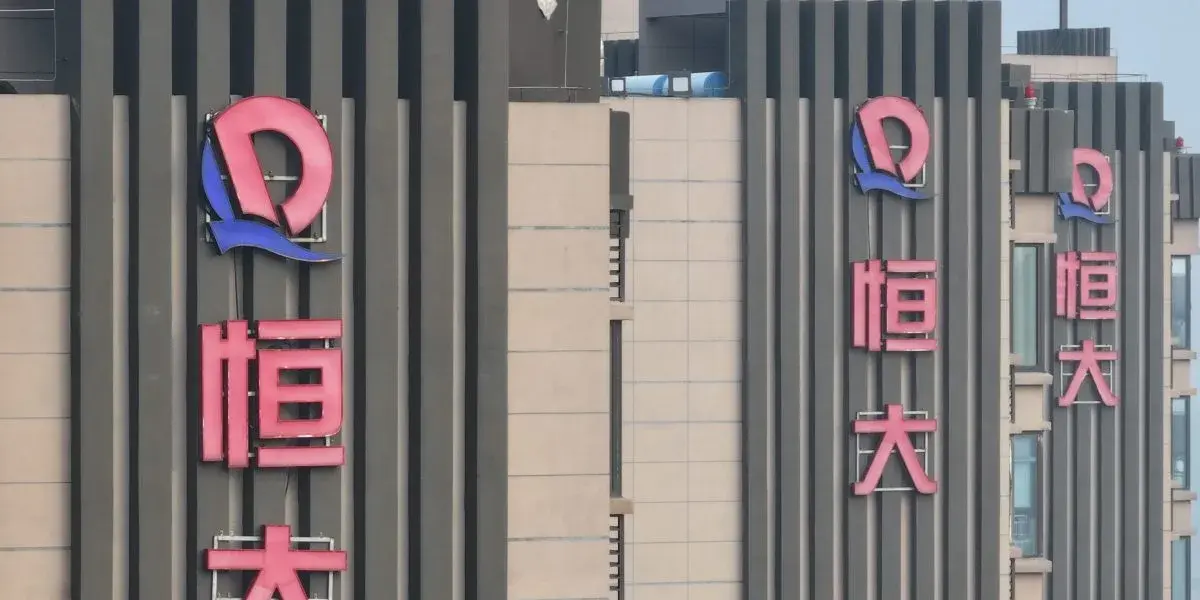China’s real estate sector may get another massive shock in just a few days.
On Monday, China Evergrande Group—the massively indebted developer whose troubles arguably triggered China’s real estate crisis in the first place—will face a critical liquidation hearing in Hong Kong.
Evergrande defaulted on its offshore debt in December 2021, which sparked a liquidity crisis in the real estate sector that pushed several other Chinese developers to default as well. It’s only gotten worse from there: Evergrande reported combined losses of $81 billion in 2021 and 2022, and it lost $4.5 billion in the first half of 2023. Then the developer filed for bankruptcy protection in the U.S. last August. And in September, Chinese authorities detained Evergrande’s onetime billionaire chairman, Hui Ka Yan, for “illegal crimes.”
Real estate is critical to the Chinese economy, at times contributing as much as 30% of the country’s GDP. Property is also an important store of wealth for Chinese households.
Should have stuck to legal crimes
🤖 I’m a bot that provides automatic summaries for articles:
Click here to see the summary
China’s real estate crisis, now stretching into its third year, is dragging down the country’s economy, hitting an important store of wealth, and dampening consumption.
Now, a major financial regulator is calling on the country’s banks to keep lending money to prevent the sector from collapsing entirely.
Real estate is critical to the Chinese economy, at times contributing as much as 30% of the country’s GDP.
Pan Gongsheng, the central bank’s governor, also suggested that he would cut loan prime rates, a reference point for Chinese mortgages, next month.
And in September, Chinese authorities detained Evergrande’s onetime billionaire chairman, Hui Ka Yan, for “illegal crimes.”
The developer, which has about $327 billion in liabilities, won brief reprieves in October and December, as a judge gave it more time to persuade creditors to back a restructuring plan.
Saved 73% of original text.
Archive link: https://archive.is/UBOOB


